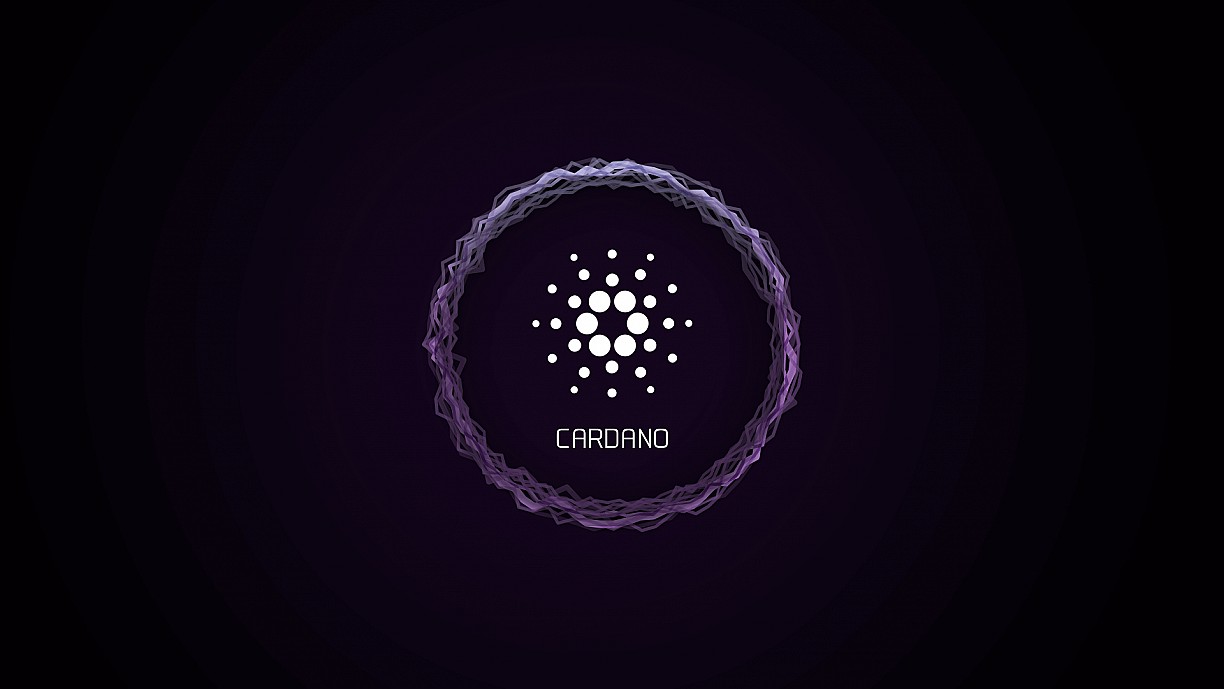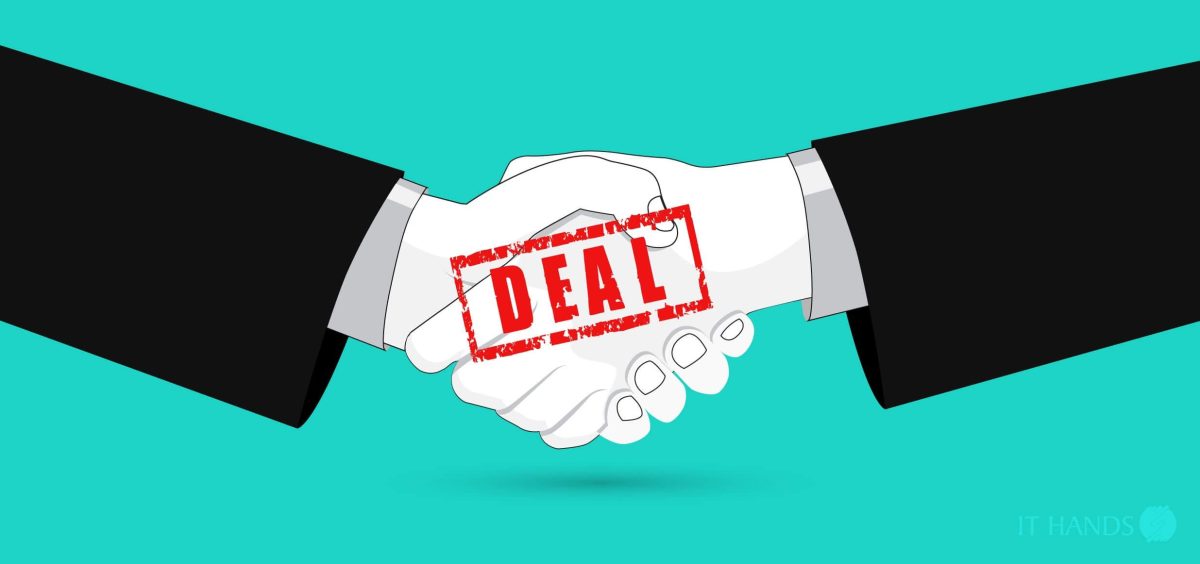Cardano Expands Ecosystem with Strategic Partnerships
22.10.2024 14:00 1 min. read Alexander Zdravkov
Cardano is strengthening its position in the blockchain space through partnerships with major networks, including Polkadot, Algorand, Avalanche, Hedera, and Ripple.
These alliances aim to enhance interoperability and foster innovation, ultimately improving transaction efficiency.
Cardano seeks to boost cross-chain interactions, particularly with Polkadot, which facilitates integration between blockchains, allowing users easier access to decentralized applications (dApps). The collaboration with Algorand, known for its high transaction speeds, could significantly enhance Cardano’s performance.
Avalanche brings expertise in low-latency transactions, offering faster confirmation times and lower fees. Additionally, partnerships with Hedera and Ripple will improve transaction speed and security while enhancing Cardano’s capabilities in cross-border payments.
In a recent presentation, Cardano founder Charles Hoskinson outlined plans for “Cardano 2.0,” focusing on scalability, decentralization, and security. Currently, Cardano (ADA) is trading at $0.3645, up 3.84% in the last 24 hours, with a market cap of $12.75 billion and a notable increase in daily trading volume.
-
1
Cardano and Ethereum Lead in Developer Activity as GitHub Commits Surge
14.07.2025 12:00 1 min. read -
2
Ripple Powers UAE’s First Tokenized Real Estate Project via XRPL
16.07.2025 21:00 2 min. read -
3
German State-Owned Development Bank Issues €100 Million Blockchain Bond
11.07.2025 7:00 2 min. read -
4
Tether Ends Support for Five Blockchains in Infrastructure Shift
12.07.2025 11:30 2 min. read -
5
BNB Chain Upgrades and Token Delistings Reshape Binance Ecosystem
16.07.2025 22:00 2 min. read
Wall Street Moves Onchain: Tokenized Finance Enters its Breakout Era
The tokenization of real-world assets (RWAs) has entered a new phase in 2025—no longer a concept, but a confirmed trajectory.
Vietnam Launches National Blockchain to Digitize Government and Citizen Services
Vietnam has officially launched NDAChain, a national blockchain infrastructure designed to underpin its digital transformation strategy.
Solana Plans 66% Block Upgrade to Boost Network Capacity
Solana developers have introduced a new proposal aimed at pushing the network’s performance even further.
Chainlink Partners With Westpac and Imperium to Tokenize Finance in Australia
Chainlink has announced a major institutional partnership with Westpac Institutional Bank and Imperium Markets as part of Project Acacia—a joint initiative involving the Reserve Bank of Australia and the Digital Finance Cooperative Research Centre (DFCRC).
-
1
Cardano and Ethereum Lead in Developer Activity as GitHub Commits Surge
14.07.2025 12:00 1 min. read -
2
Ripple Powers UAE’s First Tokenized Real Estate Project via XRPL
16.07.2025 21:00 2 min. read -
3
German State-Owned Development Bank Issues €100 Million Blockchain Bond
11.07.2025 7:00 2 min. read -
4
Tether Ends Support for Five Blockchains in Infrastructure Shift
12.07.2025 11:30 2 min. read -
5
BNB Chain Upgrades and Token Delistings Reshape Binance Ecosystem
16.07.2025 22:00 2 min. read


